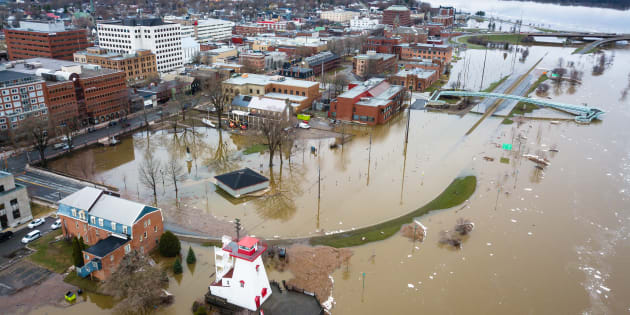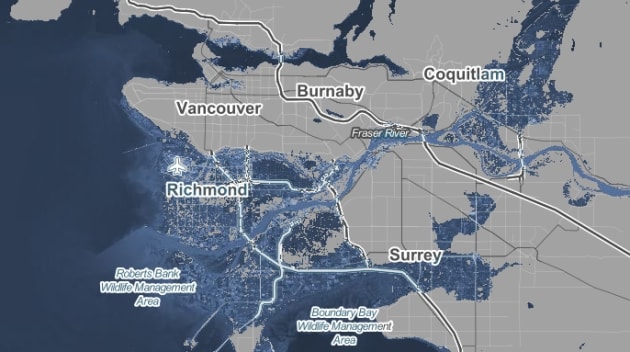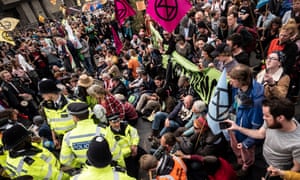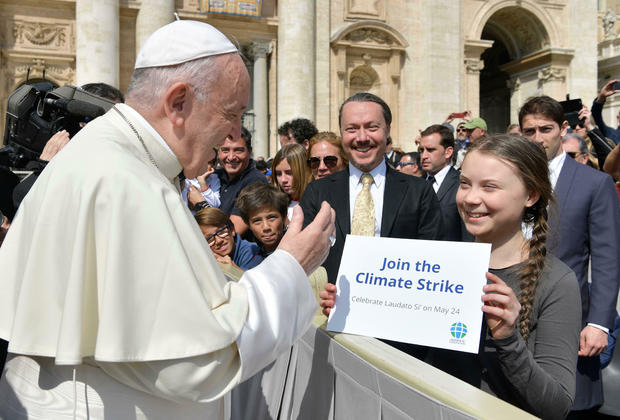After former First Lady of Graça Machel of Mozambique had already said that Beira, Mozambique “will go down in history as having been the first city to be completely devastated by climate change” and the UN called Cyclone Idai "the worst weather disaster in history in the Southern Hemisphere". (https://twitter.com/EricHolthaus/status/1110293529085906945), the cyclone continues to cause death and destruction, as cholera spreads through the area.
![Cyclone Idai destroys Zimbabwe farms, deepening food crisis Some 270,000 people in Zimbabwe are in urgent need of aid [Tendai Marima/Al Jazeera]](https://www.aljazeera.com/mritems/imagecache/mbdxxlarge/mritems/Images/2019/3/29/09b15a614f9a4cafb7a070b714420174_18.jpg)
Some 270,000 people in Zimbabwe are in urgent need of aid [Tendai Marima/Al Jazeera]
The following video shows the destruction of the Beira by Cyclone Idai and discusses the spread of cholera in its aftermath. (https://www.youtube.com/watch?v=_M7yJS6LVzc)
It’s been three weeks since a fierce tropical cyclone tore through Mozambique, Zimbabwe, and Malawi, killing hundreds and leaving 600,000 people displaced.
Now, as cholera begins to spread among the victims of Cyclone Idai, relief workers are worried a “second disaster” is on the horizon. Cholera is an often-deadly intestinal disease caused by drinking water or food tainted with sewage and human waste carrying the bacteria Vibrio cholerae. Reports indicate that there are 139 cases of cholera in the port city Beira, Mozambique, and that number is expected to rise (no cases have been reported yet in Zimbabwe or Malawi). There are no confirmed deaths from cholera so far.
If V. cholerae starts spreading, it can be difficult to control. Outbreaks usually happen when a country’s health, hygiene, and water systems break down — and that’s why they can appear after a natural disaster or amid a humanitarian crisis. (It happened in the 2010 earthquake in Haiti. It’s happening right now in Yemen.)
https://www.vox.com/science-and-health/2019/3/29/18287342/mozambique-cyc...








![Climate activists to stage Heathrow protest Police arrest protesters as they block traffic at London's Oxford Circus [Vudi Xhymshiti/AP Photo]](https://www.aljazeera.com/mritems/imagecache/mbdxxlarge/mritems/Images/2019/4/18/85a5ed9415234b749901f440fd9c4603_18.jpg)


